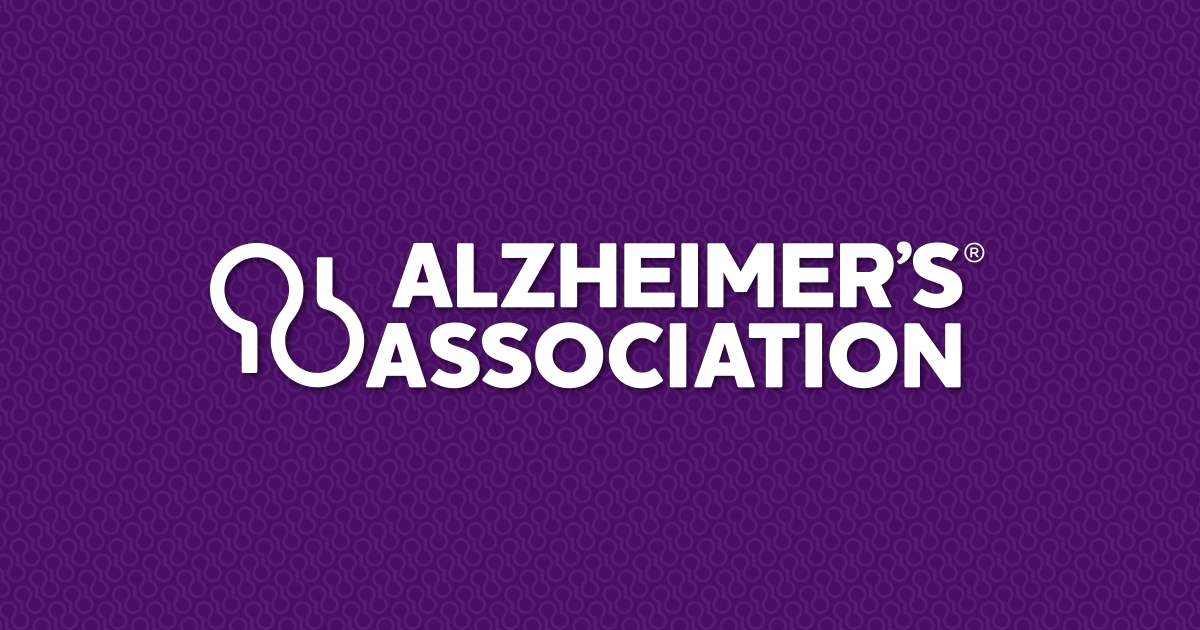
Pain is one of the most common symptoms that people with dementia experience. However, often it is poorly recognised and undertreated in dementia. The main reason for this is that, as dementia progresses, the person’s ability to communicate their needs becomes more difficult.


